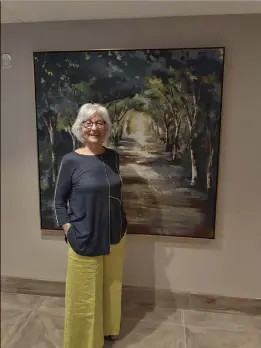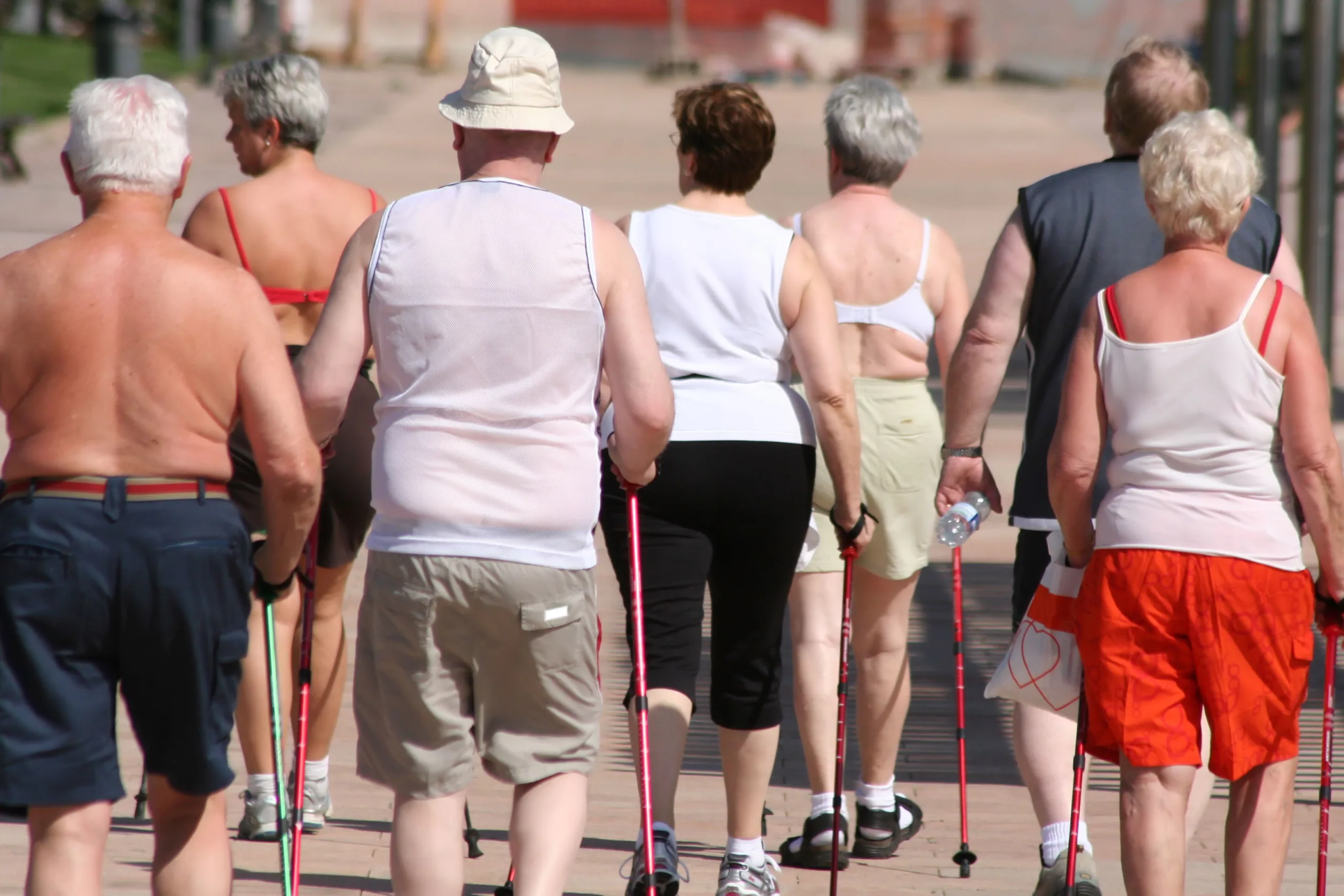Forget the outdated notions of retirement being a quiet retreat into solitude. A groundbreaking 2025 study on aging, adventure, health, and happiness conducted by Road Scholar, a not-for-profit organization creating educational adventures for seniors reveals a vibrant truth: older adults today are embracing life with an unprecedented spirit of adventure, and it’s making them happier and healthier than ever before. This isn’t just a trend; it’s a powerful paradigm shift, driven by generations redefining what it means to age well.
The Survey Says: Adventure Fuels Well-being
The “Aging Adventurously” survey, conducted in February 2025 among individuals aged 50-98, predominantly Baby Boomers (66%) and women (74%), paints a compelling picture. The vast majority of respondents—a staggering 94%—firmly believe that an adventurous spirit directly contributes to their overall health, happiness, and well-being. This conviction is reflected in their actions: a significant 63% travel 1-3 times a year, with another 32% embarking on 4-8 trips annually. For many, adventure isn’t a luxury; it’s a fundamental part of their lifestyle.
A Generational Shift Towards Exploration
What’s truly remarkable is the generational shift. A resounding 87% of older adults surveyed agreed that their generation is more adventurous in older adulthood than their parents’ generation. This isn’t just anecdotal; 64% are actively trying new things more often, and 50% are traveling more than their predecessors. The “adventure gap” is visibly closing, with 75% of Gen Xers and an impressive 89% of Boomers and the Silent Generation agreeing with this sentiment. Boomers, in particular, are leading the charge, with 50% actively considering themselves to be aging adventurously, compared to 45% of Gen X and 40% of the Silent Generation. This dynamism among Boomer women, who now enjoy greater independence than previous generations, further fuels this active engagement.
Defining “Aging Adventurously”
So, what does “aging adventurously” actually mean to these vibrant individuals? The study clarifies that it’s far more encompassing than extreme sports or scaling mountains. While traveling and exploring new places (81%) are indeed paramount, aging adventurously also profoundly involves staying physically active and healthy (82%), and perhaps most importantly, continuing to learn and grow (75%). As 67-year-old Kim Francis eloquently puts it, “I don’t have to run a marathon… but I want to run around the yard with my grandkids. I won’t climb Mt. Everest, but I want to climb the stairs.” It’s about maintaining the capacity and desire to engage with life on one’s own terms.
The Golden Decades: 60s and 70s
Indeed, the 60s and 70s are emerging as key decades for embracing adventure. With more time available and still retaining sufficient health and vitality, these years present a golden opportunity for exploration and new experiences. Traveling reigns supreme as the number one way older adults choose to actively age adventurously, but it’s far from the only path. The survey highlights a rich tapestry of adventurous pursuits: Gen Xers are embracing new hobbies, Boomers are finding purpose in volunteering, and the Silent Generation is prioritizing physical activities.
Diverse Paths to Adventure
The range of “most adventurous things” people have done since turning 50 is inspiring: from becoming a Master Gardener and starting birding to learning pickleball, traveling independently after a spouse’s passing, starting a new business, and even getting a first tattoo. The list continues with volunteering for sea turtle beach patrol, ballroom dancing, buying a home, learning a new language, playing guitar professionally, riding motorcycles, traveling to 50 countries, building a backyard observatory, moving to a new state, going back to grad school, riding in a hot air balloon, trying internet dating, SCUBA diving, and even learning to swim later in life. These diverse examples underscore that adventure is deeply personal and accessible to everyone.
A Mindset of Curiosity and Courage
As 70-year-old Ruth Griggs beautifully summarizes, “Aging Adventurously means still being curious about the world, being willing to try new things and trusting yourself enough to do things even if they may seem a little scary. It’s waking up every day believing that there are still new things to discover and experience. And it means being wise enough to know that the clock is ticking and not putting anything off that you want to do.”
While the study notes that the feeling of adventure can decline with age, the overwhelming evidence points to its profound contribution to happiness and good health. The call to action is clear: inspire older adults to make adventure an integral part of their lives, reminding them that there are countless ways to age adventurously. It’s about cultivating a mindset of openness, curiosity, and a willingness to step outside one’s comfort zone, ensuring that the golden years are truly golden, filled with discovery, joy, and vitality.
Source:











